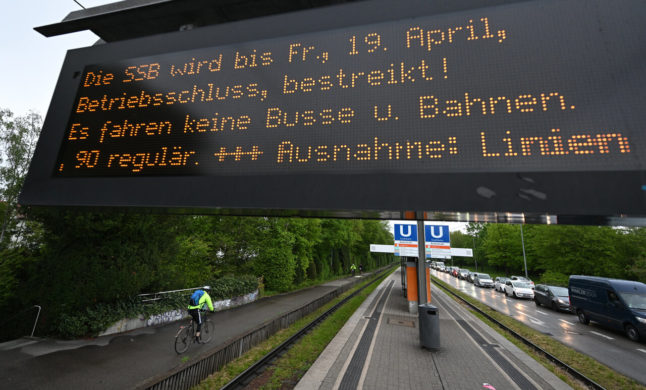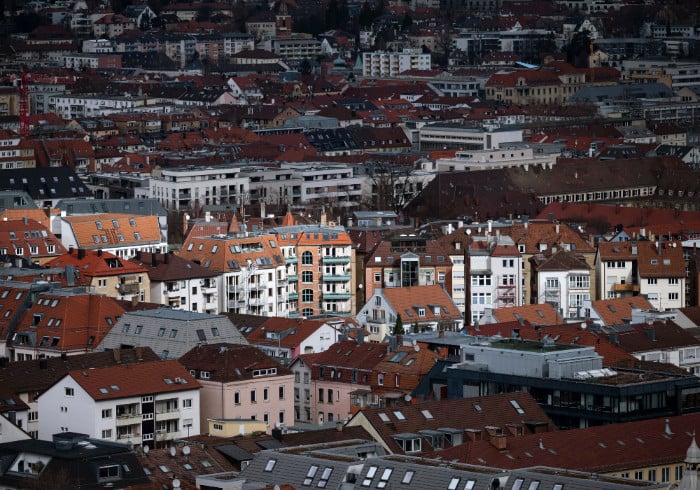The Verdi union called on Deutsche Telekom employees in several different areas to take part in the two-day ‘warning’ strike this week.
The strike is part of a nationwide wave of industrial action amid ongoing collective bargaining. German trade unions call warning strikes during negotiations to increase the pressure on employers.
The union said Telekom customers throughout Germany should expect longer waiting times for the service hotline on Monday and Tuesday, while technician appointments may be cancelled at short notice.
The strike is being held as the union tries to negotiate improved pay and conditions for staff.
So far, Telekom has offered to pay an inflation compensation bonus of €2,000 to staff, with a 4.2 percent increase in salaries from 2025.
However, Verdi’s demands include a wage increase of 12 percent for around 70,000 employees nationwide this year, with a one-year term of the collective agreement.
Verdi strike leader Pascal Röckert said: “The employees expect significant improvements.”
Rallies also took place around the country on Monday morning. Around 150 union members gathered at a demo in Freiburg.
A new round of collective bargaining is scheduled to get underway on May 13th and 14th.
The Verdi union previously called Deutsche Telekom employees to head out on a one-day warning strike in April.
German vocabulary
Warning strike – (der) Warnsteik
Collective bargaining (die) Tarifverhandlungen
To call/ to call on – aufrufen
Inflation compensation bonus – (die) Inflationsausgleichsprämie
We’re aiming to help our readers improve their German by translating vocabulary from some of our news stories. Did you find this article useful? Let us know.




 Please whitelist us to continue reading.
Please whitelist us to continue reading.
Member comments